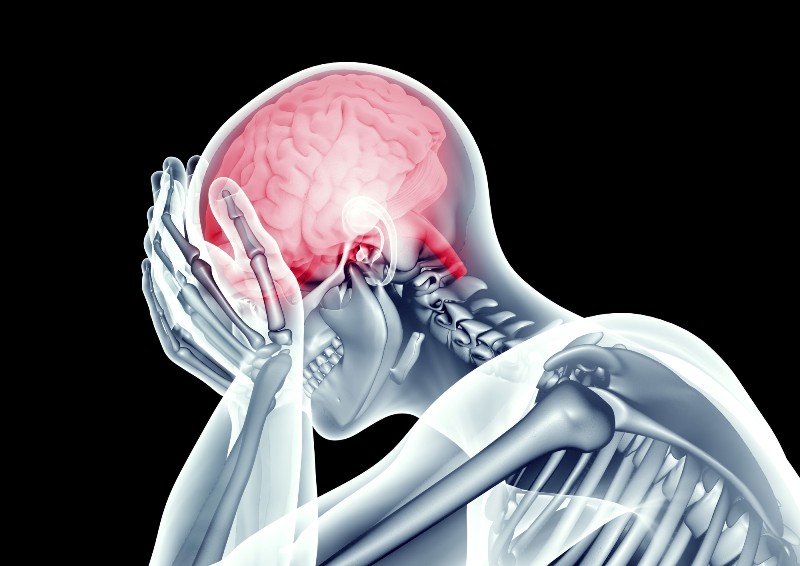Have you been experiencing symptoms like numbness or loss of sensation, muscle weakness, difficulty reading or writing, or diminished cognitive abilities? There are certain symptoms that you just shouldn’t ignore.
If you’ve experienced any of the above symptoms, they may be signs of neurological disorders and you’ll want to visit a doctor as soon as possible to get checked out. Read on to learn more about the symptoms of neurological disorders and what you should be watching out for.
What Are Neurological Disorders?
Neurological disorders are diseases that impact the peripheral and central nervous systems, which include the brain, spinal cord, peripheral and cranial nerves, nerve roots, the autonomic nervous system, muscles, and neuromuscular junctions.
There is a wide range of neurological problems, including Parkinson’s disease, dementia, Alzheimer’s disease, migraines, strokes, brain tumors, multiple sclerosis, and epilepsy, among others.
Organizations like the National Brain Appeal Charity fund research on these disorders so we can learn more.
Symptoms of Neurological Disorders
If you experience any of the following symptoms, you should see your doctor. While they may not seem serious now, you don’t want to ignore them while the problem gets worse.
Headaches

Many headaches are normal and can often be explained by stress, fatigue, hunger, or not drinking enough water. Headaches that are routine or interfere with your daily life and happen often should be discussed with your doctor. Pay attention to how often they occur, where the pain is located, what kind of pain it is (sharp, shooting pains vs. a dull ache for example), and how much pain you’re in.
Change in Vision
Vision changes happen as we age, but blurred or double vision, vision loss, or seeing spots can be signs of a neurological condition. If you’re experiencing this, talk to your doctor as it may not be routine vision changes as a result of aging, but these may be signs of something more serious.
Weakness of Extremities
If you have a tough workout, you might find that your arms and legs feel weak or heavy. That’s normal and isn’t cause for concern. What is, though, is if you feel constant weakness in your extremities that doesn’t have any apparent cause or explanation.
Dizziness
We all have feelings of dizziness from time to time if you stand up too quickly or are sick. Chronic dizziness that comes out of nowhere isn’t normal, though. If you have chronic dizziness with no logical explanation, see your doctor.
Slurred Speech
Your speech is often slurred if you’re under the influence of drugs or alcohol or are extremely tired or woken up out of a deep sleep. This is normal. What isn’t normal is slurred speech outside of these situations.
Memory Loss

When we are stressed or extremely busy, it’s easy to forget things. If you have a lot on your mind, some things are bound to slip through the cracks. If you are forgetting things often and it is impacting your daily life, speak with your doctor as cognitive impairment could be a sign of dementia or Alzheimer’s disease.
Tremors
Sometimes we shake after a particularly grueling workout, as our muscles are relaxing or if you are in extreme fear. If you are shaking without explanation and is happening often, your doctor should be consulted. Tremors could indicate something like nerve damage or Parkinson’s disease.
Don’t Ignore These Symptoms
Neurological disorders are serious and these symptoms should not be ignored. If you are in doubt, consult with your doctor. It’s better to visit the doctor to have them tell you your symptoms are normal than to ignore them and find out later that it is something more serious.
If you found this information helpful in knowing what to look for if you are feeling ill, be sure to check out some of our other articles before you go.



